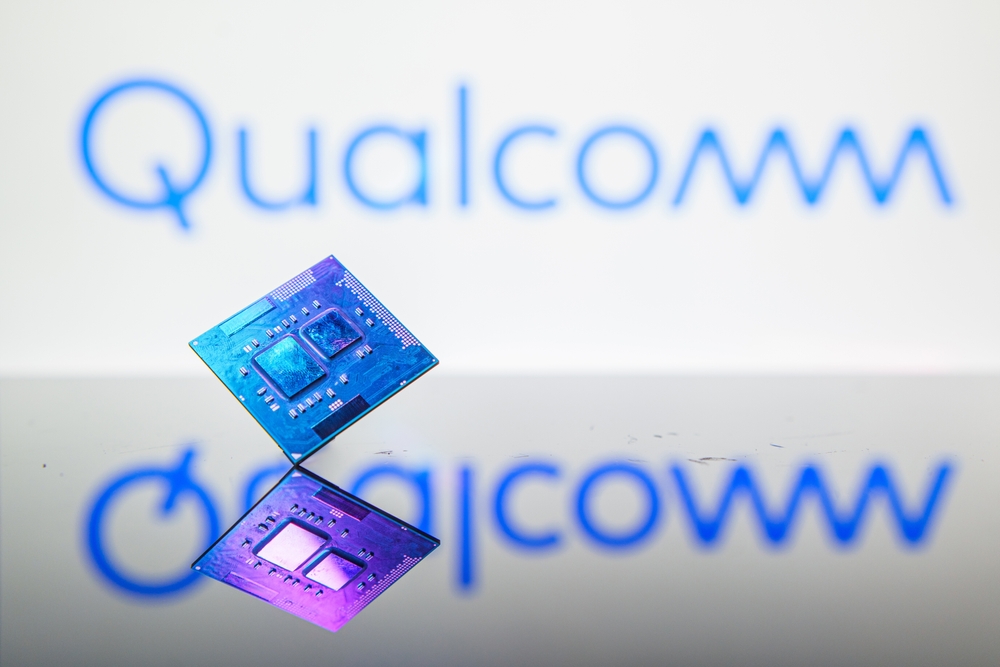
Holdings Plc has announced it will terminate its architectural license agreement with Qualcomm Inc., allowing the chip giant to design semiconductors based on Arm’s intellectual property. The UK-based company has issued a formal 60-day notice of cancellation, a move that threatens to shake the foundations of the smartphone and personal computer markets.
This decisive action follows Arm’s lawsuit against Qualcomm, initiated in 2022, which accused the tech giant of breach of contract and trademark infringement. As a result of the cancellation, Qualcomm faces the daunting prospect of halting sales of its processors, which are critical to its approximately $39 billion in annual revenue. Industry analysts are watching closely, as Qualcomm’s chipsets are integral to most Android smartphones sold worldwide.
Following the announcement, Qualcomm’s stock price saw a decline of up to 3%, while Arm’s shares fell by 6.4%. The sharp market reactions indicate investor concerns about the potential fallout from this dispute. “Arm’s decision was necessary to protect the unparalleled ecosystem built over more than 30 years,” the company stated, emphasizing the importance of its relationships with various partners.
In contrast, Qualcomm’s representatives accused Arm of employing “unfounded threats” aimed at pressuring its long-term partner into a higher royalty rate. A spokesperson for Qualcomm argued that the termination notice is an attempt to disrupt ongoing legal proceedings, asserting that Arm’s claims are baseless.
As both companies prepare for a trial scheduled for December, tensions are high. The crux of the disagreement lies in Qualcomm’s acquisition of Nuvia, a startup previously licensed by Arm. Arm contends that Qualcomm failed to renegotiate the terms of its license post-acquisition, while Qualcomm argues that the existing agreement covers the new operations.
Arm has made it clear it is “fully prepared” for trial and confident in its position. As the situation unfolds, the implications for the semiconductor industry could be profound, affecting everything from chip development to market competition.
For further details on this developing story, click here.

 Get in Touch
Get in Touch 


